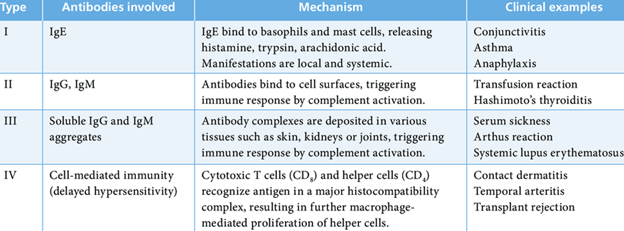A nurse is administering a daily dose of vancomycin at 10:00 AM. At which time should the nurse obtain the patient's blood sample to determine the trough level?
8:00 AM
11:00 AM
9:00 AM
12:00 noon
The Correct Answer is C
A. 8:00 AM: This time is too early to draw a trough level for a medication administered at 10:00 AM. The trough level should be drawn just before the next dose is given to get the lowest concentration in the bloodstream.
B. 11:00 AM: This time is after the scheduled dose of vancomycin at 10:00 AM. Waiting until 11:00 AM would not provide an accurate trough level because the patient has already received the medication.
C. 9:00 AM: This is the correct time to obtain the patient's blood sample. It is one hour before the scheduled dose of vancomycin at 10:00 AM. Drawing the trough level at this time ensures it reflects the lowest concentration of the drug in the bloodstream.
D. 12:00 noon: This time is after the scheduled dose of vancomycin at 10:00 AM. Waiting until noon would not provide an accurate trough level because the patient has already received the medication.
Nursing Test Bank
Naxlex Comprehensive Predictor Exams
Related Questions
Correct Answer is B
Explanation
A. Type IV Hypersensitivity (Delayed Hypersensitivity Reaction): This type of reaction involves a delayed immune response, typically occurring 24 to 72 hours after exposure to an antigen. It's characterized by the activation of T cells and macrophages, leading to inflammation. This type of hypersensitivity is often associated with conditions like contact dermatitis and some autoimmune diseases.
B. Type III Hypersensitivity (Antibody-Mediated Reaction): Type III hypersensitivity reactions occur when immune complexes, which are composed of antigens and antibodies, deposit in various tissues. This leads to inflammation and tissue damage. Systemic lupus erythematosus (SLE) is an example of a disease associated with Type III hypersensitivity.
C. Type II Hypersensitivity: This type of reaction involves antibodies (IgG or IgM) targeting antigens on the surface of cells. This can lead to cell destruction through various mechanisms, such as complement activation or antibody-dependent cell-mediated cytotoxicity (ADCC). Examples include hemolytic transfusion reactions and autoimmune hemolytic anemia.
D. Type I Hypersensitivity (Immediate Hypersensitivity Reaction): Type I hypersensitivity is characterized by an immediate immune response, typically occurring within minutes of exposure to an allergen. It involves the release of histamines and other mediators from mast cells and basophils, leading to symptoms like hives, respiratory distress, and anaphylaxis. Allergies, like hay fever and food allergies, are examples of Type I hypersensitivity reactions.

Correct Answer is A
Explanation
A. "Tetracycline inhibits protein synthesis."
Tetracycline inhibits bacterial protein synthesis by binding to the bacterial ribosomes, which are crucial for making proteins. This disruption in protein synthesis prevents bacterial growth and replication.
B. "Tetracycline blocks RNA synthesis."
Tetracycline primarily affects protein synthesis, not RNA synthesis. It binds to the 30S subunit of the bacterial ribosome and disrupts the translation process.
C. "Tetracycline degrades the bacterial cell wall."
Tetracycline does not target the bacterial cell wall. Drugs like penicillin and cephalosporins work by disrupting cell wall synthesis, but tetracycline operates differently by inhibiting protein synthesis.
D. "Tetracycline binds to magnesium ions."
Tetracycline does not specifically bind to magnesium ions. Its primary mode of action involves binding to the bacterial ribosome, as mentioned in the first correct statement.

Whether you are a student looking to ace your exams or a practicing nurse seeking to enhance your expertise , our nursing education contents will empower you with the confidence and competence to make a difference in the lives of patients and become a respected leader in the healthcare field.
Visit Naxlex, invest in your future and unlock endless possibilities with our unparalleled nursing education contents today
Report Wrong Answer on the Current Question
Do you disagree with the answer? If yes, what is your expected answer? Explain.
Kindly be descriptive with the issue you are facing.
